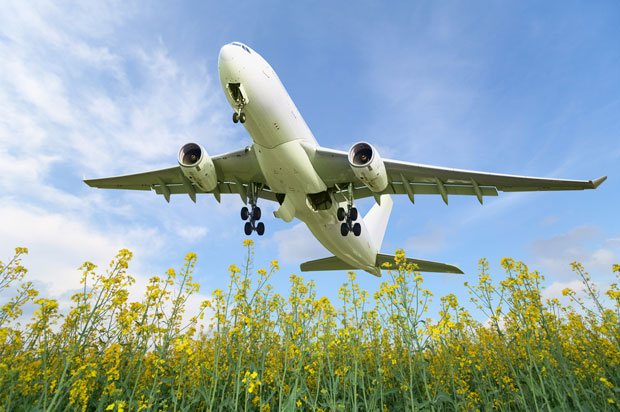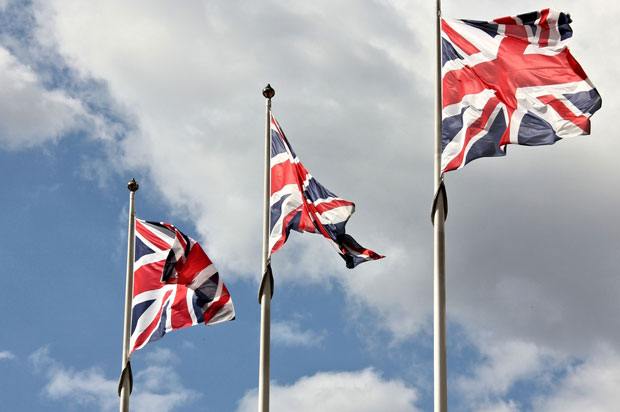Ethical travel
Modern travel means we can all take in different countries and cultures after just a few hours on a plane. Fantastic right? Well, kind of. Some argue that mass tourism, especially in developing countries, has a downside.

See the world without ruining it
Five things you may not know about the travel industry:
- Local water supplies can be threatened. A typical tourist can use as much water in one day as a rural villager would use to produce rice for 100 days.
- Mountain porters carrying trekkers’ equipment are often massively over-loaded and many die from altitude sickness and hypothermia.
- As little as 10p in every pound spent by some tourists may stay in low income countries due to foreign ownership and imported food.
- More than one million children are sexually abused by tourists every year.
- Cultural sensitivities are easily disturbed. Even wearing sun-tops and shorts can offend.
Five things you can do to be a more ethical traveller:
- Be minimal: take account of where you are. Conserve water, energy and fragile environments.
- Respect human rights: When trekking, tell your guide you’re concerned about your porters’ welfare. Before you go, ask if the operator is working with Tourism Concern to establish porter protection guidelines.
- Support local communities: Make people pleased to see you. Buy locally. Pay a fair price. And seek out community-run tourism businesses.
- Stop child sex tourism: Don’t turn a blind eye! Tell your hotel or guesthouse manager if you see something suspicious.
- Be culturally aware: Learn a few basic words of the local language – it’s rewarding and always appreciated. Dress with sensitivity.
This information is provided by a UK organisation called Tourism Concern.
Article produced by the Choose Action Alliance.
Next Steps
- Chat about this subject on our Discussion Boards.
By
Updated on 29-Sep-2015
Photo of plane by Shutterstock
No featured article








